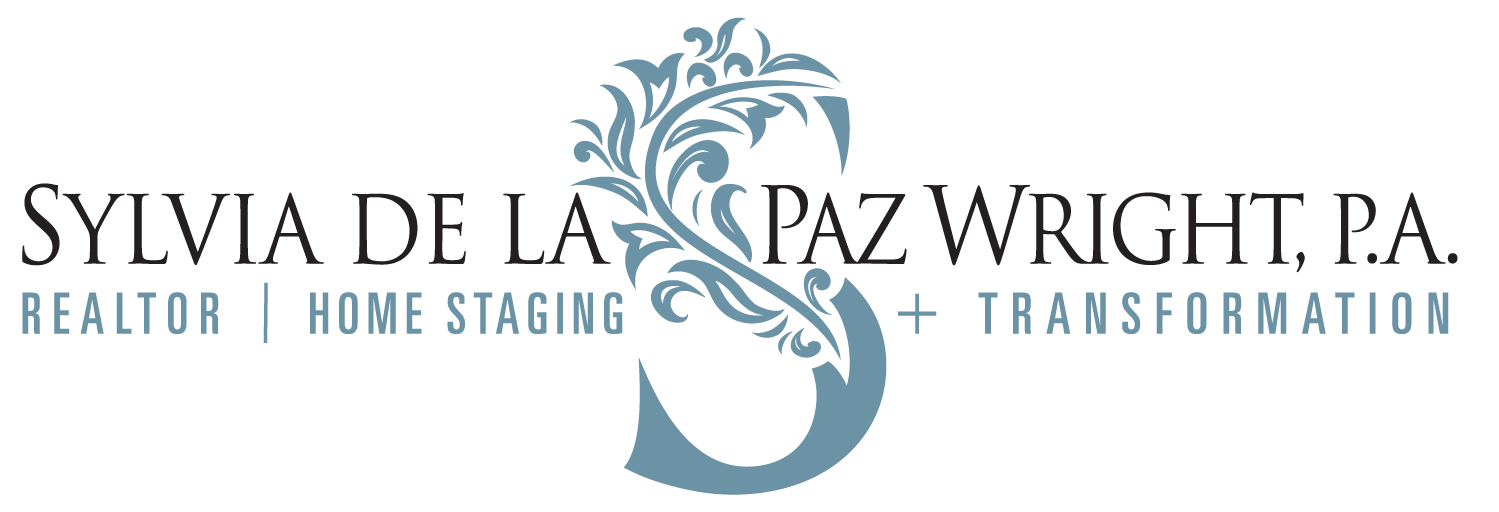There are so many questions and concerns amid the Covid-19 coronavirus outbreak. The real estate market is especially hard hit and sellers are concerned. Real estate at its core is a people business. It relies on person-to-person interaction and the coronavirus necessarily limits this contact. As the spring selling season gets started, home sellers will have questions and it’s important to acknowledge concerns and offer practical advice and concrete information to help sellers make the best decision for themselves and their families.
1. Should I still try and sell my home? – Of course, there are many aspects to this question. First and foremost, the health concerns of the sellers’ family have to be taken into consideration. Unless absolutely necessary, the elderly and those with underlying health issues should not allow unnecessary people into their homes; including buyers and agents. If the household is essentially healthy and not considered high-risk, then this could be a great time to sell. Consider the advantages of lower inventory coupled with low-interest rates; as listings become rarer, the remaining inventory will get more attention which could create better offers.
2. Is it safe to have people through my home? – This is certainly a concern, but there are practical steps you can take to ensure safer home showings.
3. What can I do to protect my family during showings? - Protect the home, family and visitors alike by taking the following precautions.
a. Keep hand sanitizer at the front door to offer buyers and their agents when they enter the home.
b. If there is a guest bathroom, keep disposable hand towels and soap for guests to use and make the request known to the showing agent.
c. Offer disposable gloves for use with a receptacle for used gloves. Classification: Public Classification: Public
d. Limit the showing days and hours so you can properly clean between showings.
e. Have cleaning wipes handy. Request agents to wipe surfaces, door handles, and banisters which are touched during the showing. f. Ask your agent to offer virtual showings or host virtual open houses
4. What happens if my buyer loses their job? – Most real estate contracts include a contingency for the buyer loan approval and funding. Now more than ever, it’s critical to keep that contingency in place. In the unfortunate event the buyer loses their job or can no longer qualify for the loan during the contingency deadline, the parties cancel typically cancel the contract.
5. Will I get a higher price if I wait to list my home? – The truth is no one knows. We don’t know how long or short the crisis will be and we don’t know how the financial market will weather the outbreak. While this is a question the seller will ultimately need to decide, the old adage about a “bird in the hand” is important to remember.
This spring selling season has proven to have unique circumstances – please contact your real estate agent to learn more about the current outlook and opportunities in your local market.



